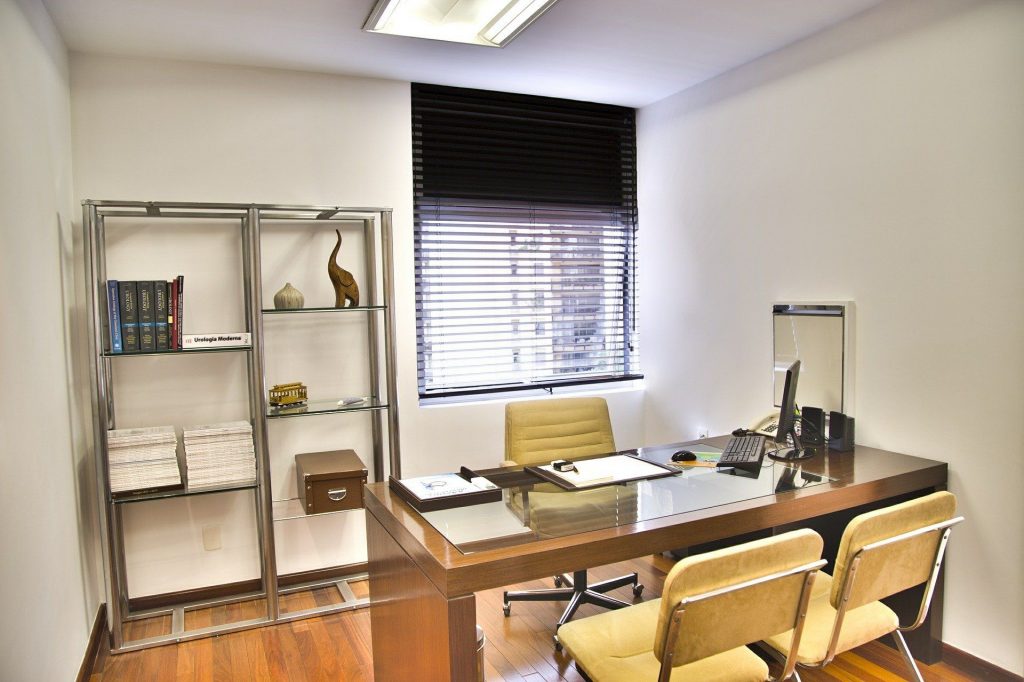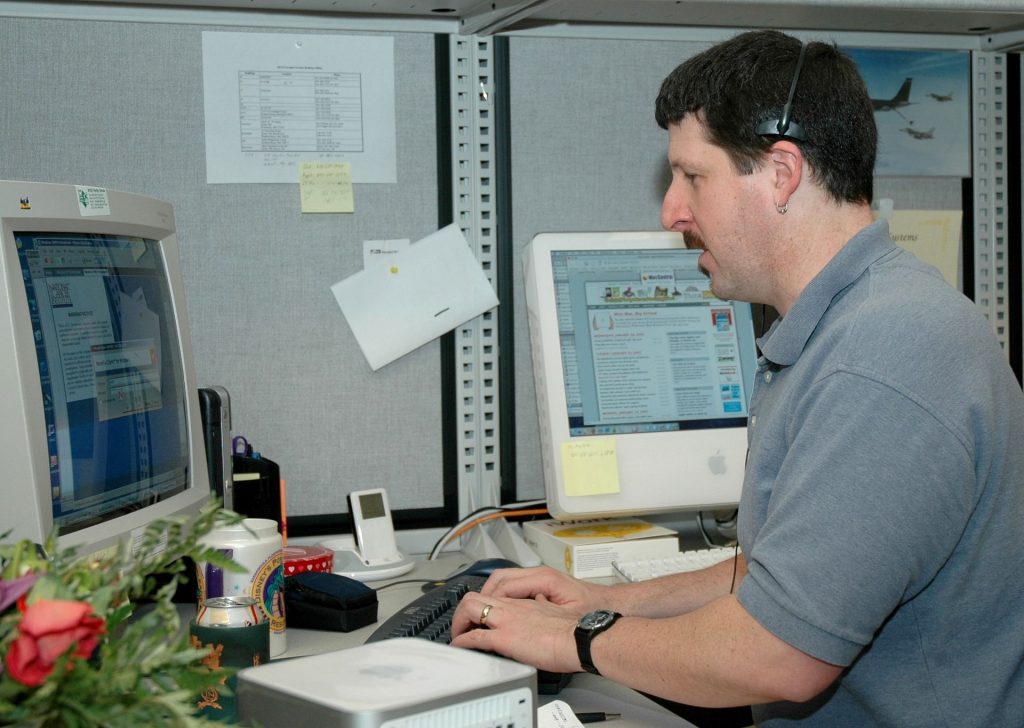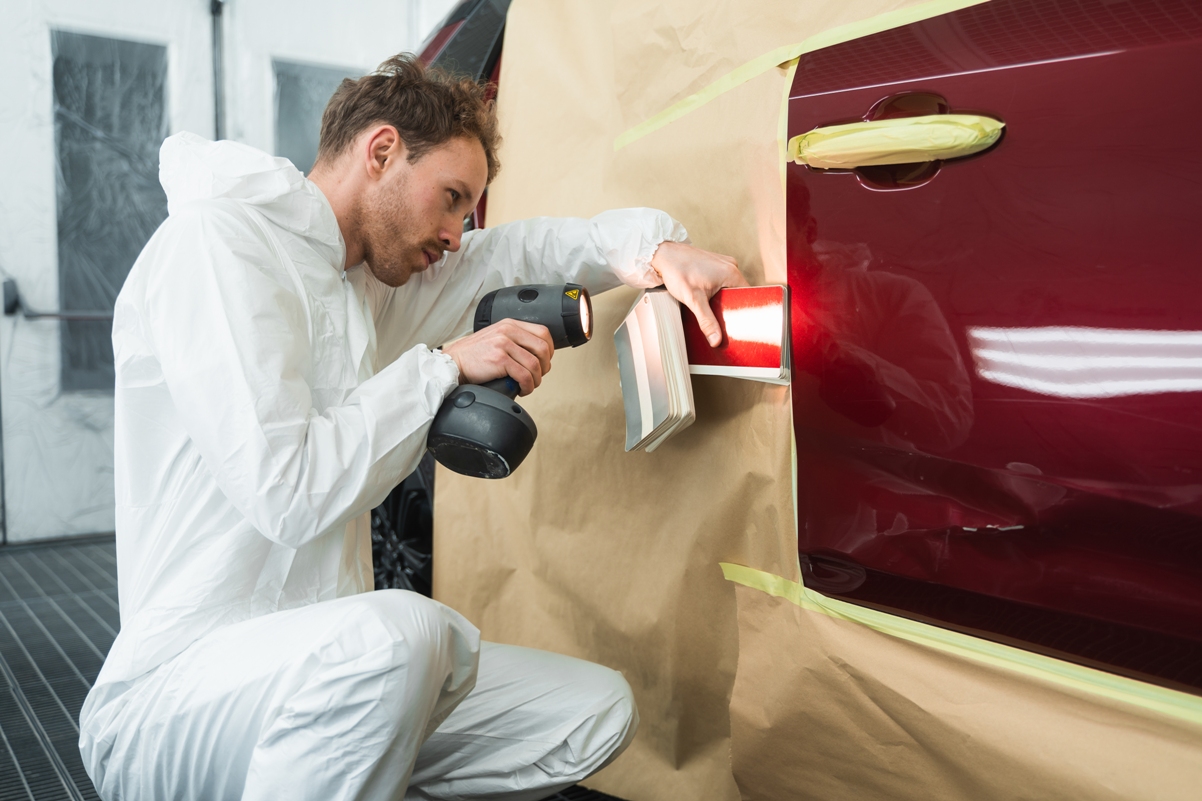I wrote this article almost 7 years ago in February 2013, and since then many of our readers referred to it, and, actually, used it in the business presentations and discussions across refinishing industry. It is always fun to make comparisons of incomparable things. After the years, I came across of two more things, which are similar in both trades. I hope you will find those interesting addition to the list.
One could say that there is hardly anything in common between collision repair facility and, let’s say, your family doctor’s office. Well, probably it is true to some extent. Nevertheless, besides the fact that some auto paint professionals are called “car skin doctors”, there are some professional attributes we should borrow from doctors.
- Place your professional certificates on some prominent place.
Next time you will visit your doctor, pay attention to the walls of his cabinet. I am pretty sure that his diplomas and certificates will be right behind him nicely framed! It is not a show off, but a well understood practice to assure a patient that he is in the right place for treatment.
Car refinishing professional also spends considerable amount of time to learn the craft. Wether he graduated from technical school or attended a number of professional seminars or has been certified by the car colour company, he had acquired quite a few documents certifying his knowledge. So, my advice is to clean the dust from your professional certificates and to place them on the nice spot of the body shop, or even better in your office!
- Find some place for the office.
Imagine that you need a minor surgical operation to be done (a really small one). You come to the place to schedule the date with your surgeon, and he admits you… right over the operation table. Sounds strange, doesn’t it?
Believe it or not, but exactly the same applies to any collision and body repair shop. There should be a place, preferably separated from the noise of working compressor or sanding machine, where painter could discuss with a customer all the procedures, costs and, perhaps, additional services to be offered. Let’s face it, selling your service standing in the middle of noisy and dusty body shop, doesn’t look very professional!
- Keep the body shop clean as hospital.
I remember my feelings when during my trip to Zambia I looked for a medical help in one small place in the middle of nowhere. The doctor’s place was dirty and old, and I thought my fever probably is not so important, and I should leave or better run away, as soon as possible. Fortunately, most of the doctor’s cabinets are tidy, clean and well maintained. Otherwise how could we trust our health to such a doctor?
Now one could say, body shop is a working place, where old parts are removed, sanding dust is in the air, while spilled paint stains decorate every corner. Big mistake! Don’t expect your customer to respect you, if you don’t respect yourself the place you spend so much time every day. My advice is:
– Clean that dust from the floor, your tools, infrared dryers, and all the equipment. This will give preserve value of your investment and help to “fight” those nasty dust nibs you spend so much time to polish away.
– Remove all those old bonnets, cracked bumpers and smashed doors. You will be surprised how much bigger your body shop actually is.
– Devote one weekend per year to paint your walls. Nothing fancy, pure white or beige colour will refresh the look of your shop. Better mood everyday comes as bonus.
– Improve the lighting, clean your windows, and let the bright side of life in. Having better vision of the place to be repaired is always a big plus.
– Make some shelves and find place for all tools and consumables. One of the biggest problems with clear coat polishing and swirl marks I noticed all those years, was dirty polishing pads covered with sanding dust.
- Dress up and look professional.
Why do you think all doctors wear those nice white lab coats? Because they want to look professional, so they must dress up like a doctor. It is an attribute, rather than necessity. White coat inspires confidence.
I do believe that clean overall is a must, especially when you meet a customer. How customers will take seriously your business, if your working uniform is dirty and looks like rag?
- Don’t make diagnosis (estimates) over the phone
Have you ever met a doctor, who would give a patient his diagnosis over the phone? I haven’t, and I hope you neither. In order to find out what is wrong with one’s health, a doctor must see him, examine, probably prescribe some tests, and only then – make the diagnosis and proceed with treatment. This is exactly what should be done, when a customer calls you for an estimate and/or sends you the picture. It simply does not work this way. So, next time you receive a phone call for the repair quotation, just think of your physician first.
- Never stop learning.
Doctors never stop learning. They attend conferences, seminars and conventions throughout their whole professional career. Nobody would trust his health to a doctor, whose professional knowledge is based solely on the doctor’s degree studies some years ago. Similarly, a body shop professional should continue his professional education regardless of his or her years of experience. Vehicles change, materials change, tools change, so working on the repair “just the way we always do” is not good enough.






